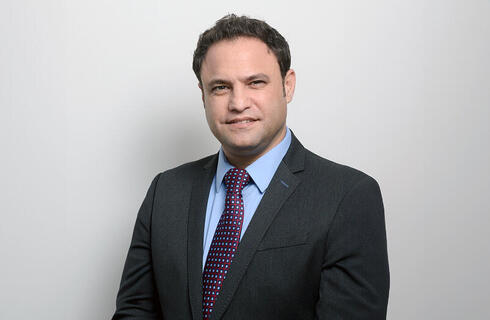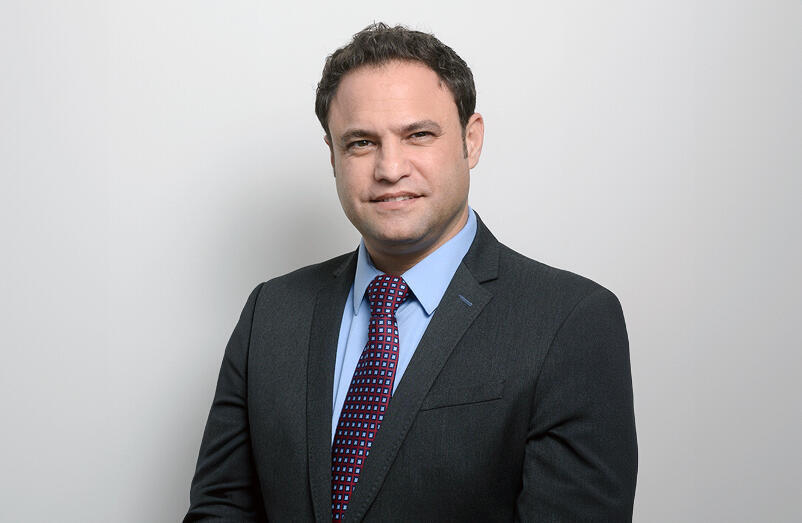
Opinion
Israeli high-tech is growing, but needs to change direction
Despite the strength of the "engine of the Israeli Economy", government investment in it remains small compared to other countries, and it is characterized by niche focus and lack of diversification in the various fields. The industry's prosperity and maintaining its competitive advantage will come through strategic management of the fields of semiconductors and artificial intelligence.
Confusion seems to be the dominant characteristic of Israel's high-tech sector, particularly over the past two years. On one hand, Israel is the "Startup Nation." From military technological units like 8200 to the global interest in Israeli high-tech industry and the famous exits that have become part of the Israeli dream. According to the Innovation Authority's 2023 data, the high-tech industry accounts for about 20% of Israel's GDP and 53% of the country's total exports, making it an economic pillar that brands the country, similar to what oil and gas industries are for Russia or minerals for Australia. Israel has strength and depth in talent and its performance - the level of R&D is high even compared to other leading countries, major global corporations maintaining significant R&D centers in the country, and metrics seemingly demonstrate the Israeli high-tech's strength, which is also reflected in a new record of local "exit" transactions, even in the challenging year of 2024.
Despite these achievements, the high-tech industry faces significant challenges that raise concerns about its future trajectory. First, the strategic attention and financial investment in high-tech from the government does not in line with the sector's importance to the Israeli economy and is very low compared to other countries' investments in their leading industries. One of the significant areas where this disparity is evident is in the field of artificial intelligence. Globally, including in other Middle Eastern countries, preparations are underway for what appears to be a transformative revolution whose consequences may be far-reaching even compared to the Industrial Revolution or the Internet Revolution. In this critical arena, Israel is lagging behind in terms of necessary preparations.
Israel has not yet grasped the magnitude of the moment and has not pushed forward significant programs and budgets in this field. While Israel has extensive knowledge in artificial intelligence, public resources in the field are relatively scarce, as is the attention devoted to the subject. For instance, Israel currently has only one significant supercomputer, which is privately owned by Nvidia, out of Top 500 advanced supercomputers distributed worldwide. The public supercomputer, which the government decided to purchase three years ago and is still not on the horizon, is becoming less significant given the technological advancement in the years since the budget was approved until it might actually be received.
As mentioned, unlike other countries, there is a significant lack of government investment and creation of a supportive work environment in Israel, befitting an economic sector that constitutes over half of the country's exports. Recently, Israel dropped in the ranking of leading countries in AI. If that weren't enough, about a week ago, the US adopted regulations (AI Diffusion Rule) that effectively divided the world into three tiers - those allowed to freely purchase advanced processors (whom the US considers full allies in this field), countries with restrictions, and countries where sales are prohibited like Russia, China, and their allies. For various reasons, some objective and inherent to the economy but some policy-dependent - Israel is in the second tier with restrictions that are bound to impact, even if not immediately, the Israeli high-tech sector.
Generally, most Israeli high-tech is focused on software. To maintain Israeli high-tech as a global leader and an economic pillar for the foreseeable future, the need for comprehensive policy change in semiconductors and artificial intelligence is almost existential. Israeli high-tech suffers from a lack of diversification that makes it difficult for investors to diversify their investment portfolios, and primarily makes it more niche-oriented. Israel has an enormous number of companies focused on various aspects of cybersecurity and corporate management, while lacking in artificial intelligence companies, semiconductors, and other fields despite having extensive knowledge in these areas.
Thus, on one hand, we can see impressive figures in M&A transactions that broke records in 2024, and we can point to remarkable resilience and exceptional operational capabilities under complex security conditions. On the other hand, the scope of fundraising and the rate of high-tech company formation in Israel continues to record very low figures compared to previous years, as venture capital funds investing in Israel have adopted a more selective approach, emphasizing companies showing sustainable growth and a clear path to profitability. Therefore, to advance the entire Israeli economy, its independence and security, with all that implies, there is no choice but to adopt different policies regarding semiconductors and artificial intelligence, such as the National Technology Plan by Dr. Ariel Sobelman, a senior researcher at INSS.
The confusion and bewilderment gripping the high-tech industry are understandable and are also influenced by the global instability we've experienced in recent years. The hope is that policymakers and decision-makers in Israel will soon realize that government investments in high-tech in general, and in semiconductors and artificial intelligence in particular, must be expanded, thereby supporting the economy's most significant growth engine. The sooner various government ministries adopt proper conduct and policies and understand the magnitude of this unique moment in which all of humanity finds itself - the greater the chances for the industry and with it the entire Israeli economy will continue to grow in the coming years.
The writer is a partner and head of High-Tech, Venture Capital and Private Equity Funds at Firon & Co.














